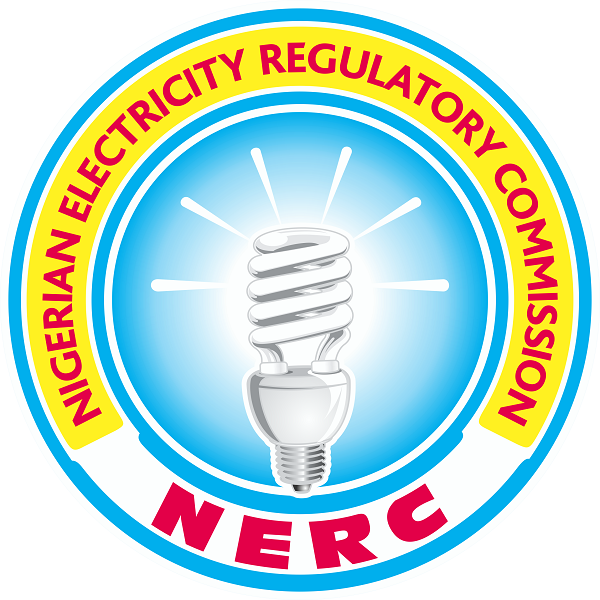
Why Togo, Niger, Benin didn’t pay for Nigeria’s power supply —NERC
It, however, noted that nothing was paid by the neighbouring countries and other special customers for the power supplied to them from Nigeria during the period.

It, however, noted that nothing was paid by the neighbouring countries and other special customers for the power supplied to them from Nigeria during the period.
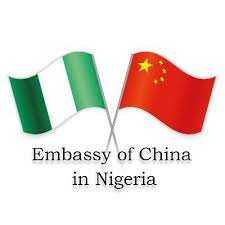
“The proposed partnership between the Chinese and Nigerian universities is expected to build and upgrade centres of excellence in renewable energy technologies which include green energy – solar, wind, hydro, bio-energy, energy efficiency and management,” it said.
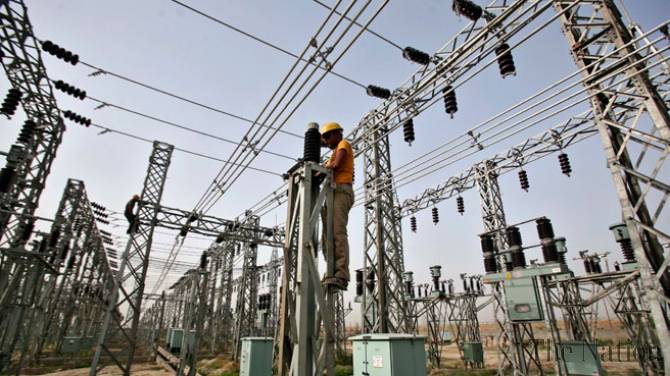
Describing the 10 NIPP plants under the management of the Niger Delta Power Holding Company of Nigeria, as “critical national assets,” the governors said they had resolved to assess the plan to privatise the facilities.
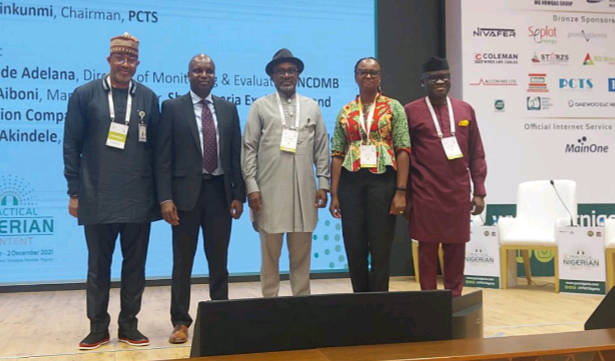
He noted however, that the pandemic afforded Schneider Electric the opportunity to upskill local engineers, adding that the Nigeria office of the company recorded some of the highest training man-hours during the period of the pandemic.
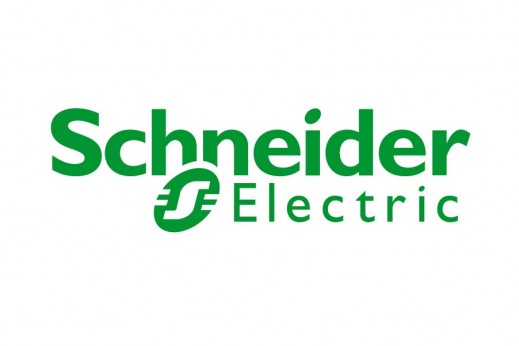
According to the EVP, Regions, Cities and Solutions, BP, William Lin; “Schneider Electric’s expertise is complementary to ours, opening up more opportunities for us to jointly help energy systems decarbonise. Combining BP’s energy supply capabilities with Schneider Electric’s microgrid and energy management technologies means that together we can offer clean, efficient and resilient solutions to better meet our customers’ needs.

Specifically, the company said it plans to raise average available capacity to 677MW and 166MW for TPL and TAPL respectively. The current available capacity for TPL and TAPL are 539MW and 120MW respectively.
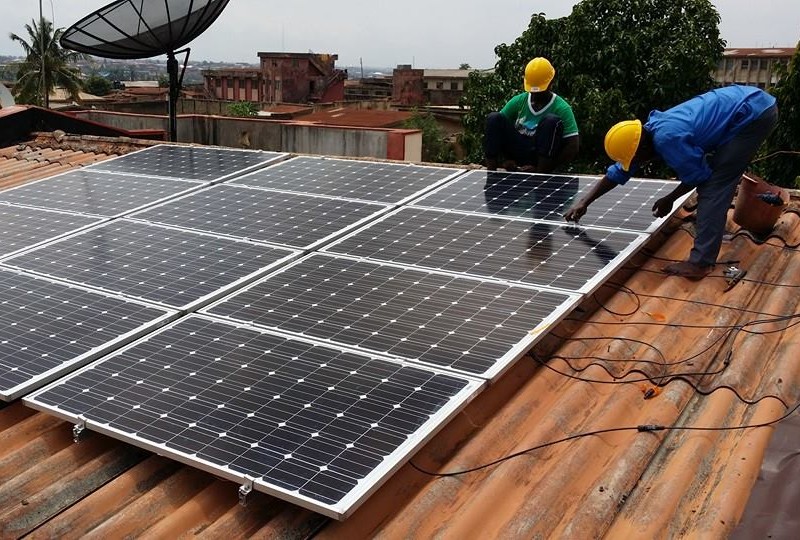
The DART programme aims to accelerate the growth of the renewable energy sector in Nigeria and beyond by combining demand pooling and aggregated purchasing of solar equipment, access to affordable finance and coordinated logistics processes to unlock economies of scale for solar companies and achieve cost savings for end users.
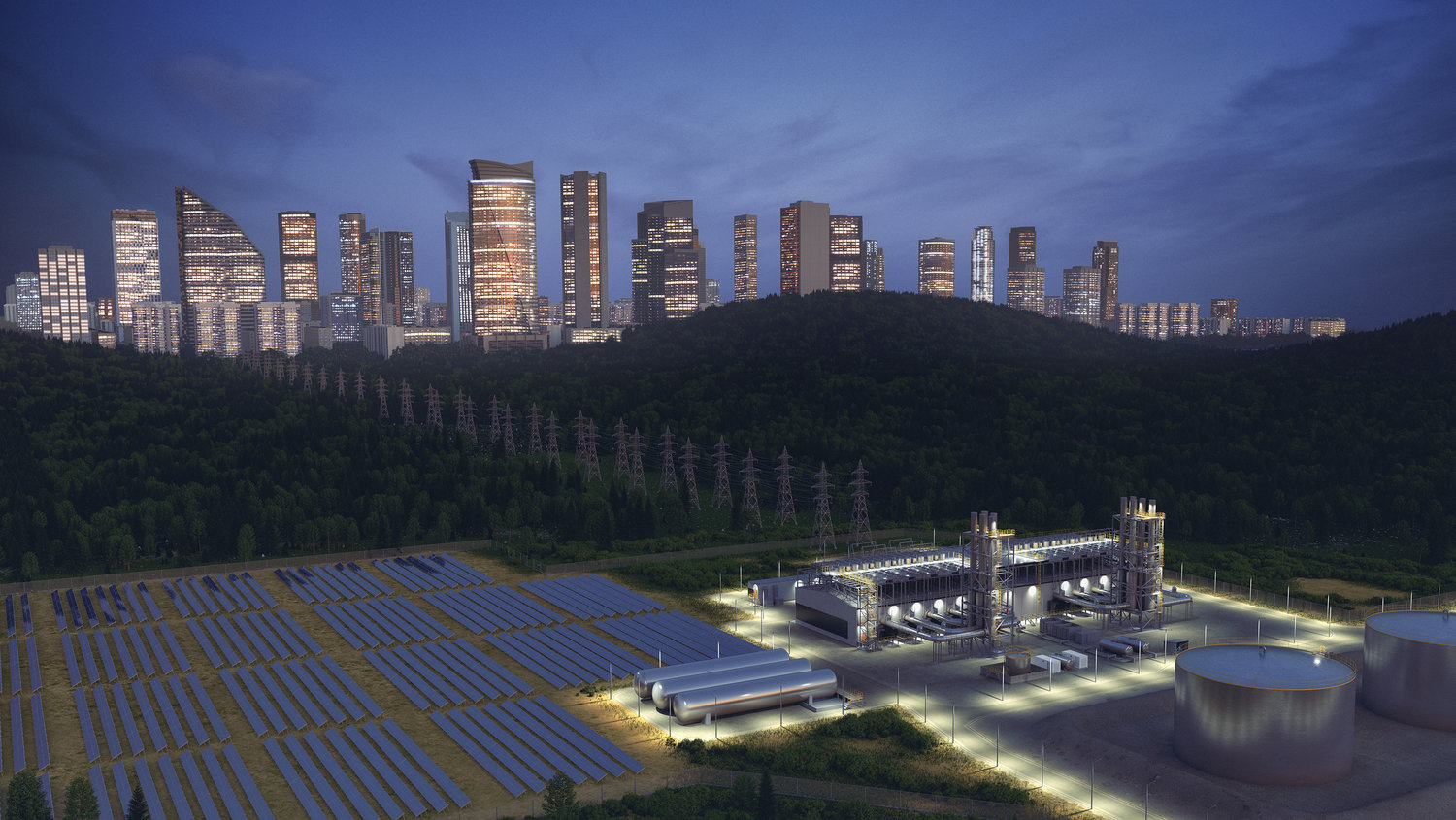
This strong track record, built up over decades, has its roots in a dedicated local presence combined with the capability to bring together international expertise to build groundbreaking energy solutions.
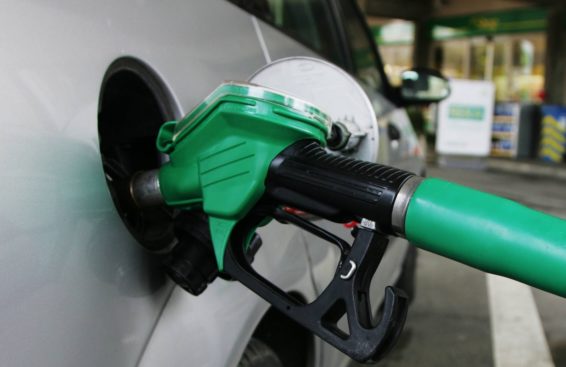
Nigerians will spend about N6.732tn on the purchase of Premium Motor Spirit, popularly called petrol, within a period of 12 months once the Federal Government stops subsidising the commodity from February next year, investigations have revealed.
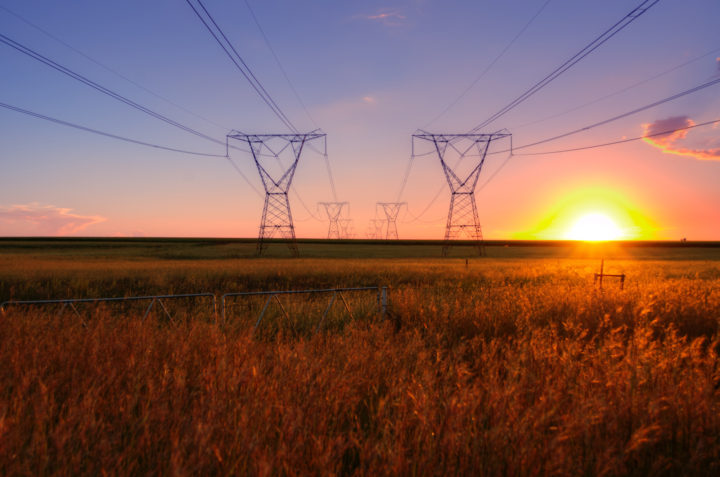
The DisCo noted that proximity to installations such as transformer, electric poles or power lines contravenes the extant law, therefore people in such locations should vacate those areas urgently in order to protect their lives and property.